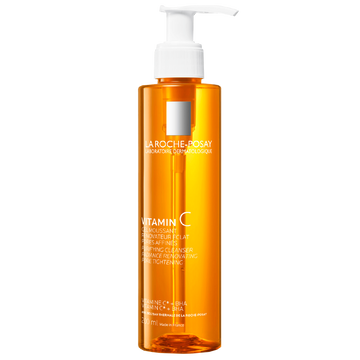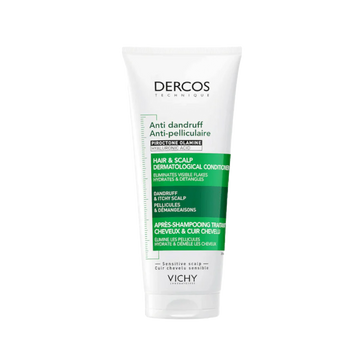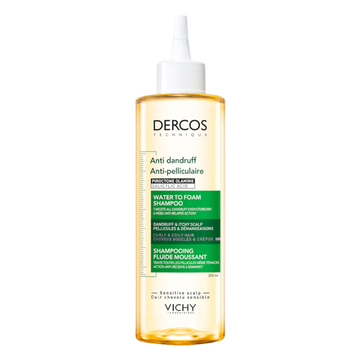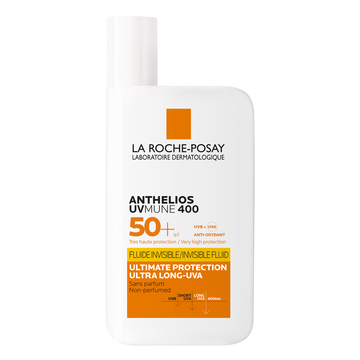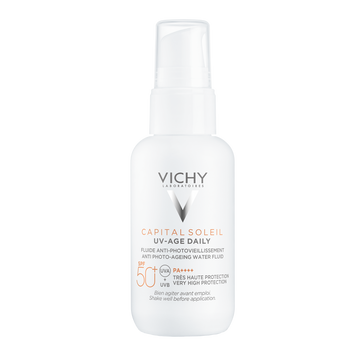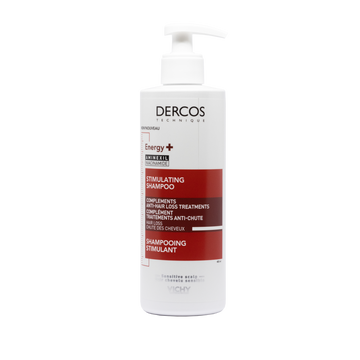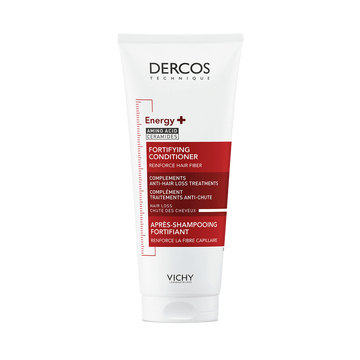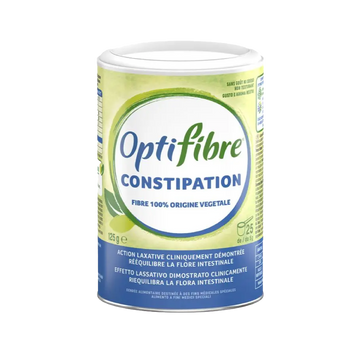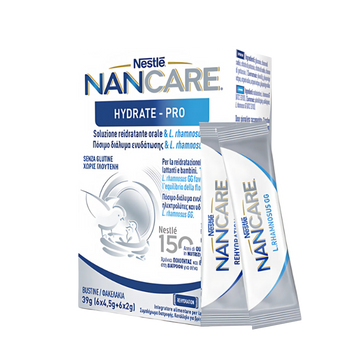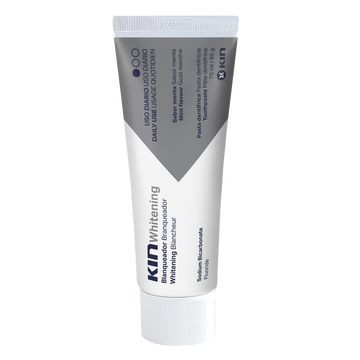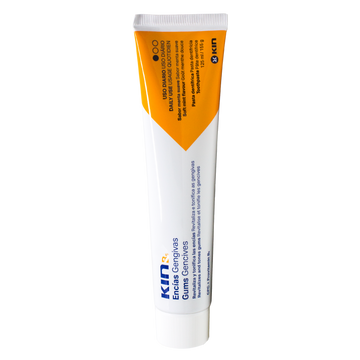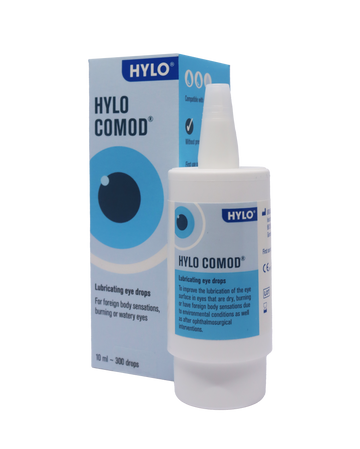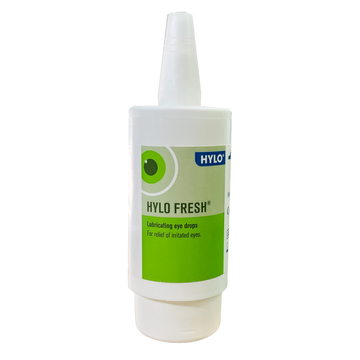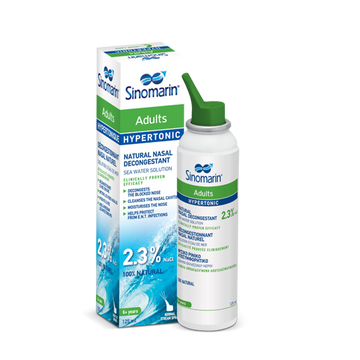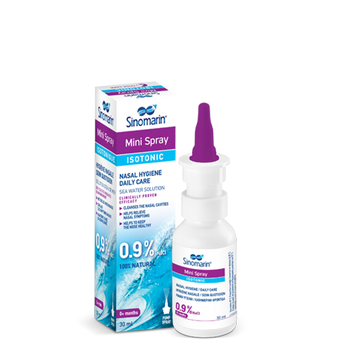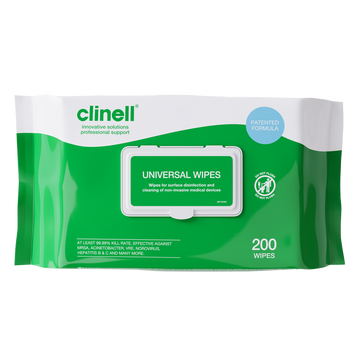Embracing Supportive Care This Pink October
Pink October is a time to honour strength, raise awareness, and show support for those affected by primarily but not limited to breast cancer. Beyond treatment, daily comfort matters. That’s why supportive care plays such a key role in overall well-being helping patients feel cared for, confident, and comfortable through their journey.
At Prohealth Malta, we stand with La Roche-Posay in promoting care that goes beyond the medical aspect. Supportive skincare offers simple but powerful ways to maintain skin health and confidence throughout complications that might result from treatment.
How Cancer Treatments Affect the Skin
Cancer treatments such as chemotherapy, radiotherapy, and targeted therapies are lifesaving, but they can also affect the skin, scalp, and nails.
Many patients experience dryness, sensitivity, redness, or peeling. These effects are common but can be managed with the right routine and care.
Gentle, fragrance-free products designed for sensitive skin care can help strengthen the skin barrier. Using mild cleansers, thermal spring water sprays, and repairing moisturisers can improve comfort and reduce irritation.
Understanding these effects helps patients care for their skin more effectively.
1. Chemotherapy
Chemotherapy targets fast-dividing cells, including those in the skin and hair follicles. This may cause:
- Dryness and flaking
- Redness or rashes
- Increased sensitivity or itching
- Nail discolouration or brittleness
Tip: Use mild cleansers, apply moisturisers rich in repairing ingredients like panthenol or shea butter, and avoid hot showers that can strip the skin’s natural oils.
2. Radiotherapy
Radiotherapy can cause localised skin irritation known as radiation dermatitis. The treated area may become:
- Red, warm, and tender
- Dry or peeling
- Occasionally blistered
Tip: Keep the area clean and dry. Avoid applying perfumed or alcohol-based products. After treatment, use fragrance-free emollients and seek dermatologist-approved formulas to soothe and repair the skin barrier.
3. Targeted and Immunotherapies
Newer therapies can trigger different skin reactions such as acne-like rashes or sensitivity to sunlight.
Tip: Apply sunscreen daily, use soothing thermal spring water sprays, and choose lightweight, non-comedogenic moisturisers.
Why Supportive Skincare Matters
Skincare during cancer treatment is more than cosmetic. It’s about supporting the body and mind through healing. Taking time for daily care helps patients regain a sense of control and self-confidence.
Small steps such as applying a soothing cream or moisturising regularly can make a big difference. The goal is to restore comfort and protect the skin while respecting its sensitivity.
La Roche-Posay’s Commitment to Cancer Support
La Roche-Posay has developed a dedicated platform to guide patients and caregivers through the challenges of treatment:
This trusted source provides:
- Expert skincare guidance for those undergoing cancer therapy
- Tips on maintaining comfort and hygiene
- Psychological and emotional support materials
- Advice for caregivers supporting loved ones
The La Roche-Posay Cancer Support site is built to empower people to live with cancer not just treat it.
Caring for Loved Ones
Supportive care extends beyond the patient. Family members and friends also play a key role. Learning how to care for someone going through treatment can help both parties feel supported. Gentle gestures, such as offering help with skincare or simply listening can have a meaningful impact.
Take the Next Step
If you or someone you love is going through cancer treatment, explore the resources available on La Roche-Posay Cancer Support.
This Pink October, let’s remember that caring for skin means caring for people.
Support, empathy, and small acts of kindness can make a world of difference.
